Hebrew General Conversation Dataset
Home » Case Study » Hebrew General Conversation Dataset
Project Overview:
Objective
The “Hebrew General Conversation Dataset” initiative is focused on compiling a comprehensive dataset to enhance Natural Language Processing (NLP) applications. These applications include language translation tools, voice-assisted devices, and chatbots. By collecting authentic Hebrew conversations across diverse contexts, the initiative aims to develop more accurate and responsive AI systems.
Scope
This project involves gathering and annotating Hebrew speech recordings and textual conversations. The sources include community contributions, linguistic research publications, and partnerships with educational institutions.
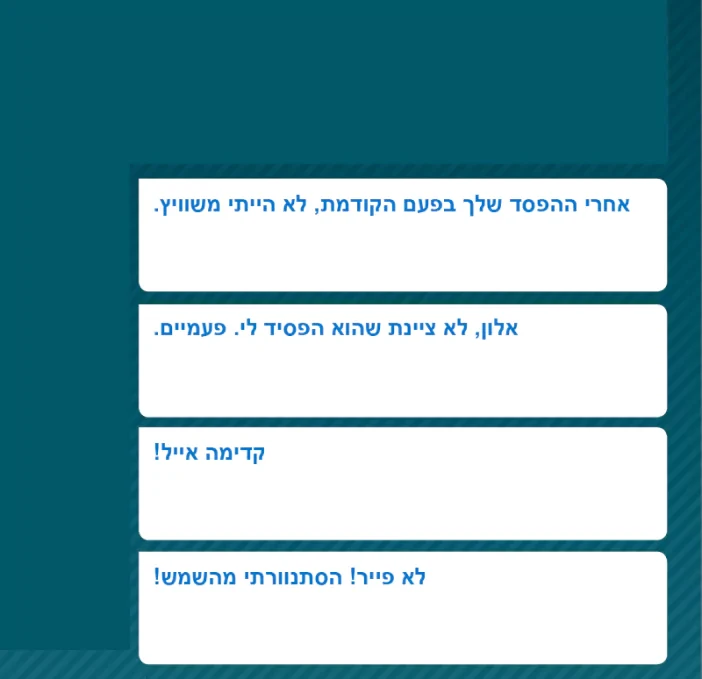
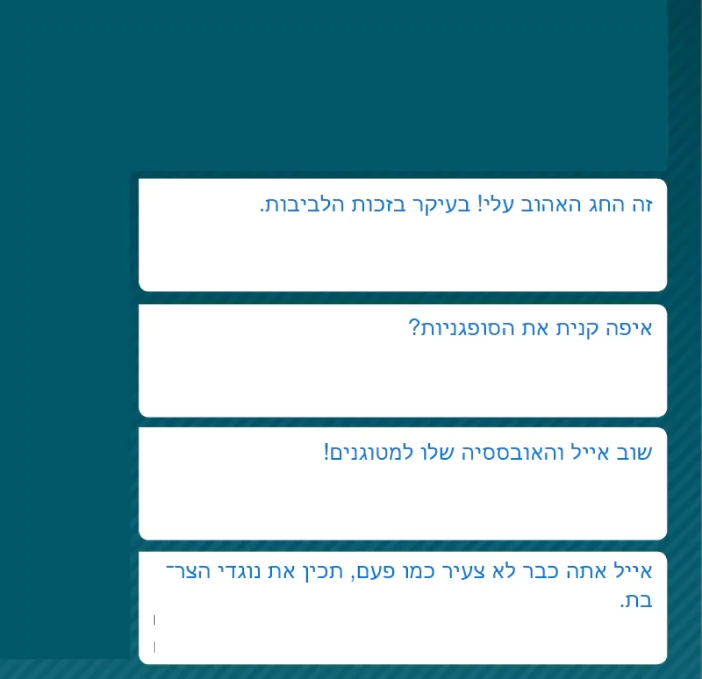
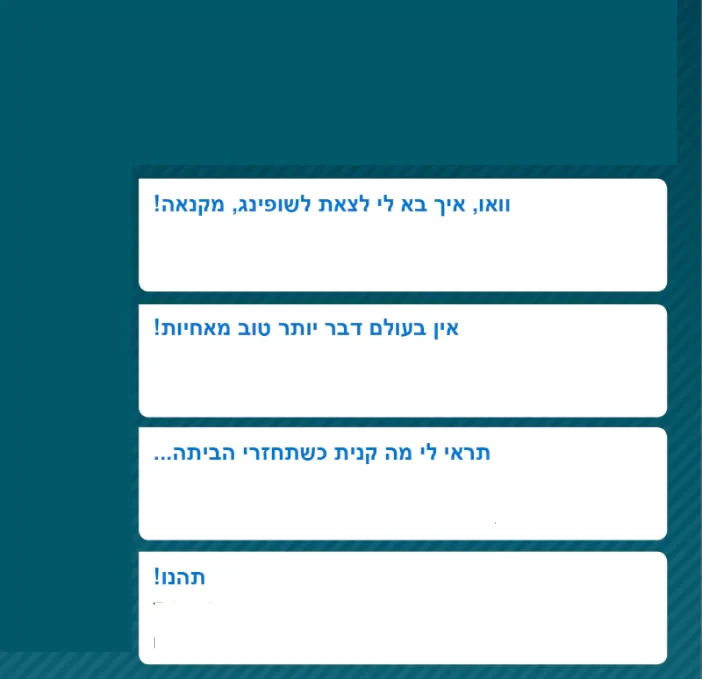
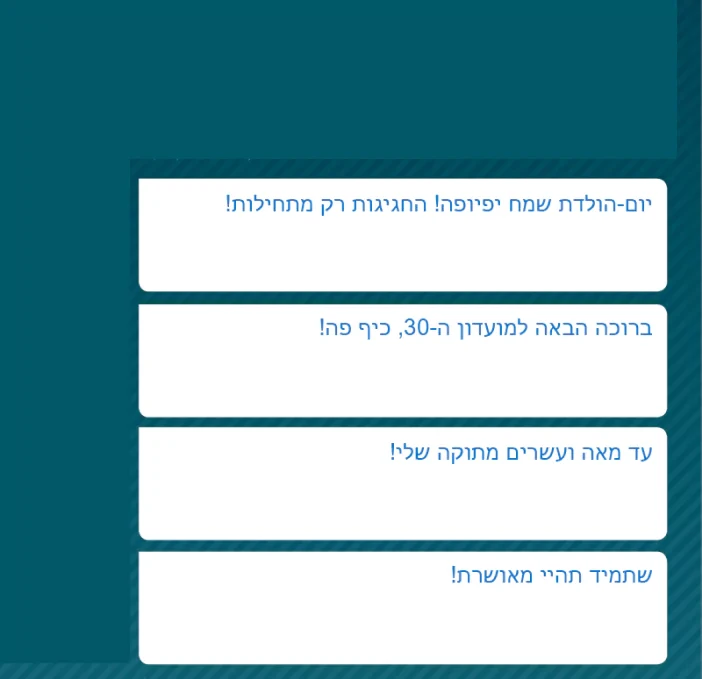
Sources
- Community Contributions: Encouraging native Hebrew speakers to contribute authentic conversation samples.
- Linguistic Research Publications: Incorporating datasets available in linguistic studies and research papers.
- Educational Institutions: Collaborating with universities and language schools to gather conversational data.
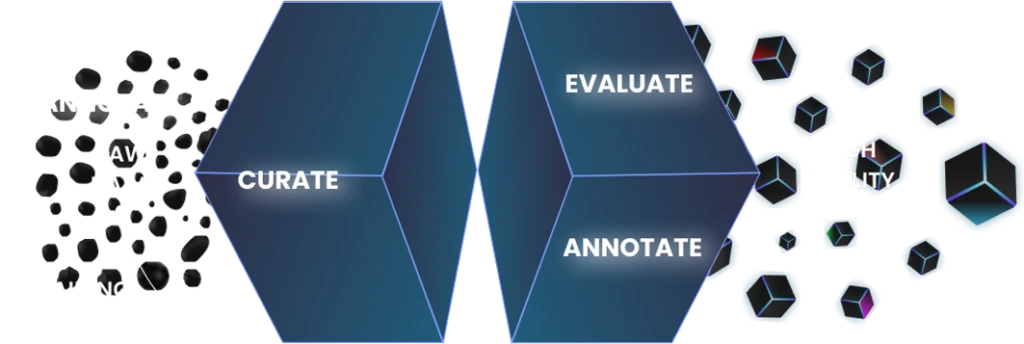

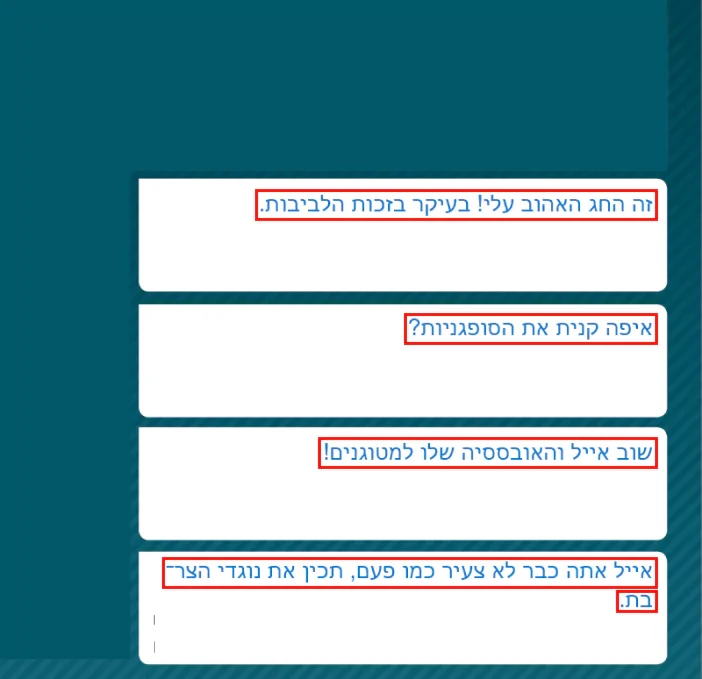
Data Collection Metrics
- Total Conversational Data Points: 30,000
- Community Contributions: 18,000
- Linguistic Research Publications: 7,000
- Educational Institutions: 5,000
Annotation Process
Stages
- Conversation Contextualization: In each conversation, we will add context, details about the speakers, and any nuances in the conversation. This will help provide a clearer understanding of the dialogue.
- Metadata Annotation: We will also record metadata, including the date and duration of each conversation. Additionally, we will categorize the themes discussed. This helps in organizing and analyzing the content more effectively.
Annotation Metrics
- Conversational Data Points with Contextual Annotations: 30,000
- Metadata Annotation: 30,000
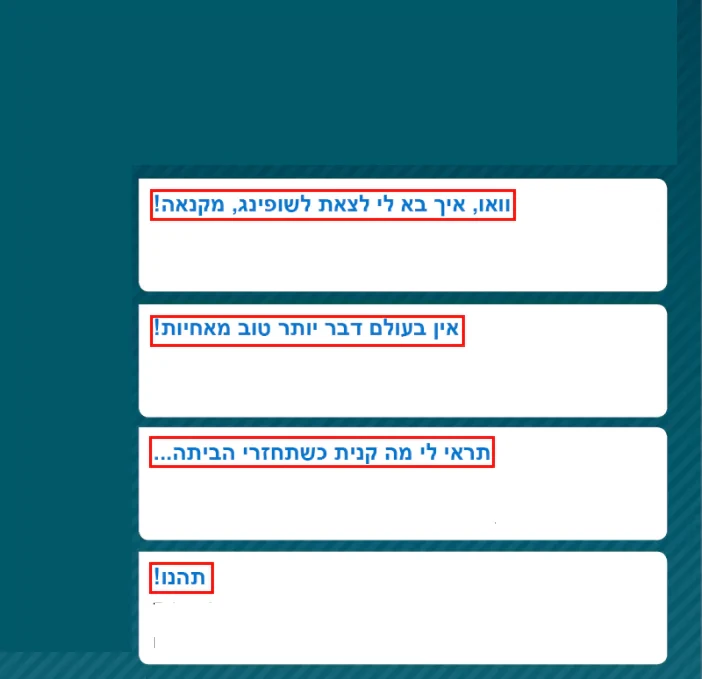


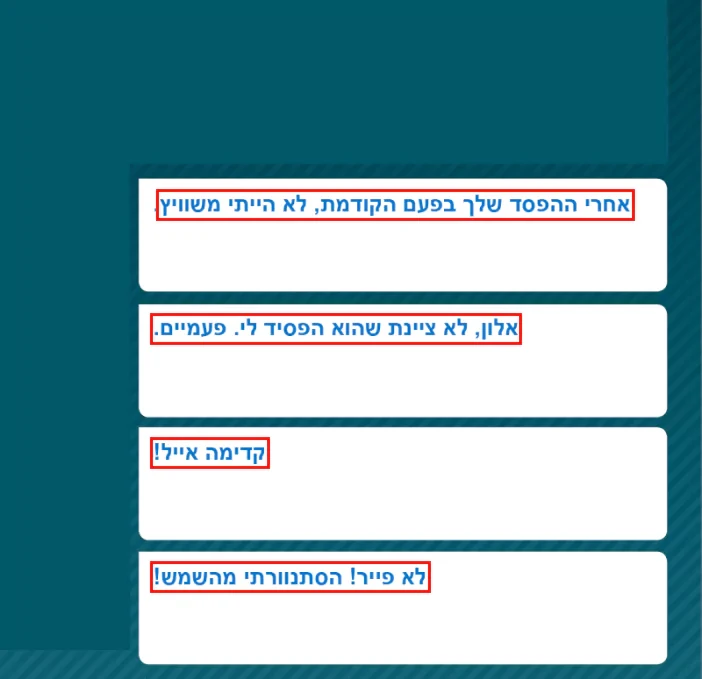
Quality Assurance
Stages
Annotation Verification: To ensure the context and authenticity of conversational annotations, we implement expert reviews. Experts can validate the annotations, ensuring they align with the intended context and purpose. This process helps maintain the quality and reliability of the data.
Data Quality Control: It is crucial to filter out low-quality or irrelevant data points. Doing so maintains high standards and ensures the dataset is both accurate and useful. Regular reviews and updates help eliminate errors and inconsistencies, improving overall quality.
Data Security: Ensuring the privacy of contributors and compliance with data protection laws is essential. Implementing strict security measures protects sensitive information and builds trust with data contributors. Adhering to data protection laws prevents legal issues and promotes ethical data handling practices.
QA Metrics
- Annotation Validation Cases: 3,000 (10% of total)
- Data Cleansing: Removal of subpar data points
Conclusion
The “Hebrew General Conversation Dataset” serves as a pivotal asset in advancing NLP technologies, particularly for the Hebrew language. With a rich and accurately annotated dataset, it paves the way for more intuitive language processing tools, thereby enriching communication and understanding in the digital age. This dataset not only supports technological advancements but also contributes to the cultural and linguistic preservation of the Hebrew language.

Quality Data Creation

Guaranteed TAT

ISO 9001:2015, ISO/IEC 27001:2013 Certified

HIPAA Compliance

GDPR Compliance

Compliance and Security
Let's Discuss your Data collection Requirement With Us
To get a detailed estimation of requirements please reach us.
